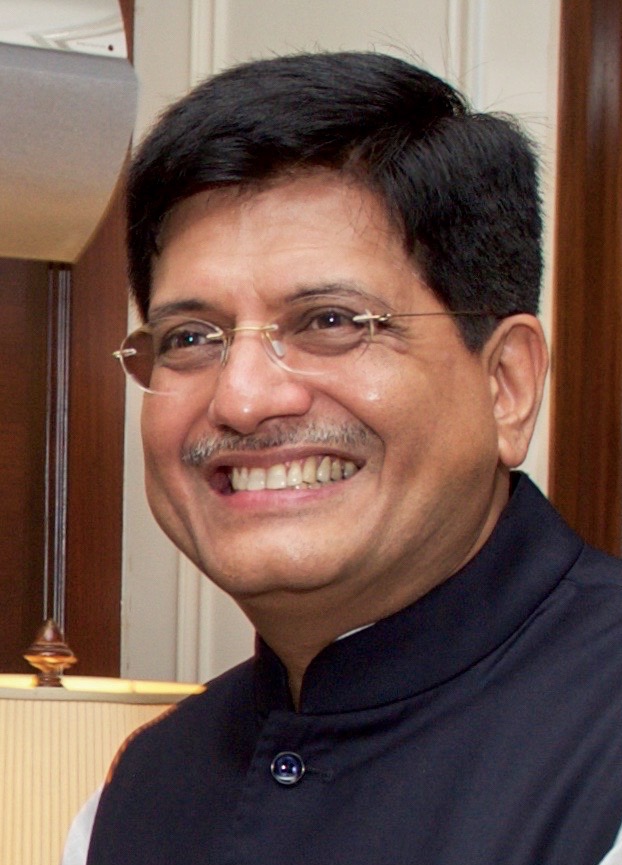
Starting with Interim Budget 2019 presented by the interim Finance Minister Piyush Goel, the past two months have been no less than eventful for India. The apprehensions about the potential adverse effects on the country’s economy of the barbaric Islamic terror attack on RPF convoy at Pulwama on February 14, 2019, and the IAF strikes that comprehensively destroyed Jaish-e-Muhammed’s terrorist training camp at Balakot in Khyber Pakhtunkhwa of Pakistan on February 26, 2019, stand alleviated. While these turbulent developments on the defence and political scene stirred up public sentiment with a high nationalistic fervour bringing Indian citizens together, they did not exert any serious negative impact on India’s economy, thanks to the dexterous handling of the situation by the government at the centre and our robust defence establishments. The business continued as usual.
As the World Economic Outlook Update released in January 2019 by the International Monetary Fund (IMF) indicated, the country’s economy is expected to grow by 7.5 per cent in the financial year 2019-20 and 7.7 per cent in 2020-21, thus, remaining the world’s fastest-growing economy, far ahead of China (which will grow by 6.2 per cent in the current year).
An evergreen destination
In fact, being attracted to her vast and rapidly growing domestic market, several overseas cosmetic brands started their operations in India during the past two months alone. Players such as Algotherm from France, Dermozone from Indonesia, Flower Beauty by Drew Barrymore from the USA, Simple from the UK, and Tom Ford from the USA who entered India recently are gung-ho about the Indian market and hope to create a space for themselves here. If the USA and Europe have been traditionally considered as the markets with ample opportunities, within a decade or two, India is bound to emerge as the new—and vast—land of golden opportunities, especially in the beauty, cosmetics and personal care sectors.
The past two months also saw some investment and market expansion activities in the country’s cosmetic sector. Read in this issue about the owner of Plum brand Pureplay Skin Sciences (India)’s success with venture funding and explore the expansion initiatives of the players such as COCO Stores, Mcaffeine, and Nykaa. Get a lowdown on how leading brands such as Estee Lauder, Gkhair Professional, Himalaya Drug Company, L’Oréal, MAC Cosmetics, MATTLOOK, Paul Penders, Shreyas Enterprise and Wild Stone are contributing to market growth.
Online vs. offline
The online commerce has become a huge sector in India during the past few years. Starting with books, DVDs and flowers nearly 15 years ago, today, the online space covers nearly every product that is manufactured and sold, including cosmetic and personal care products. In this issue, we take stock of how online sales has been impacting the cosmetic industry as a whole and what lies in store for the traditional corner-stores that specialise in selling cosmetic products over the counter. Get insights from the people actively participating in this trade in our top feature, ‘Beauty at a discount’. Lastly, our in-depth interviews with industry players will provide a bird’s eye view of the state of the market today and how the future looks like in various market segments. In all, a happy capsule for informative reading.

